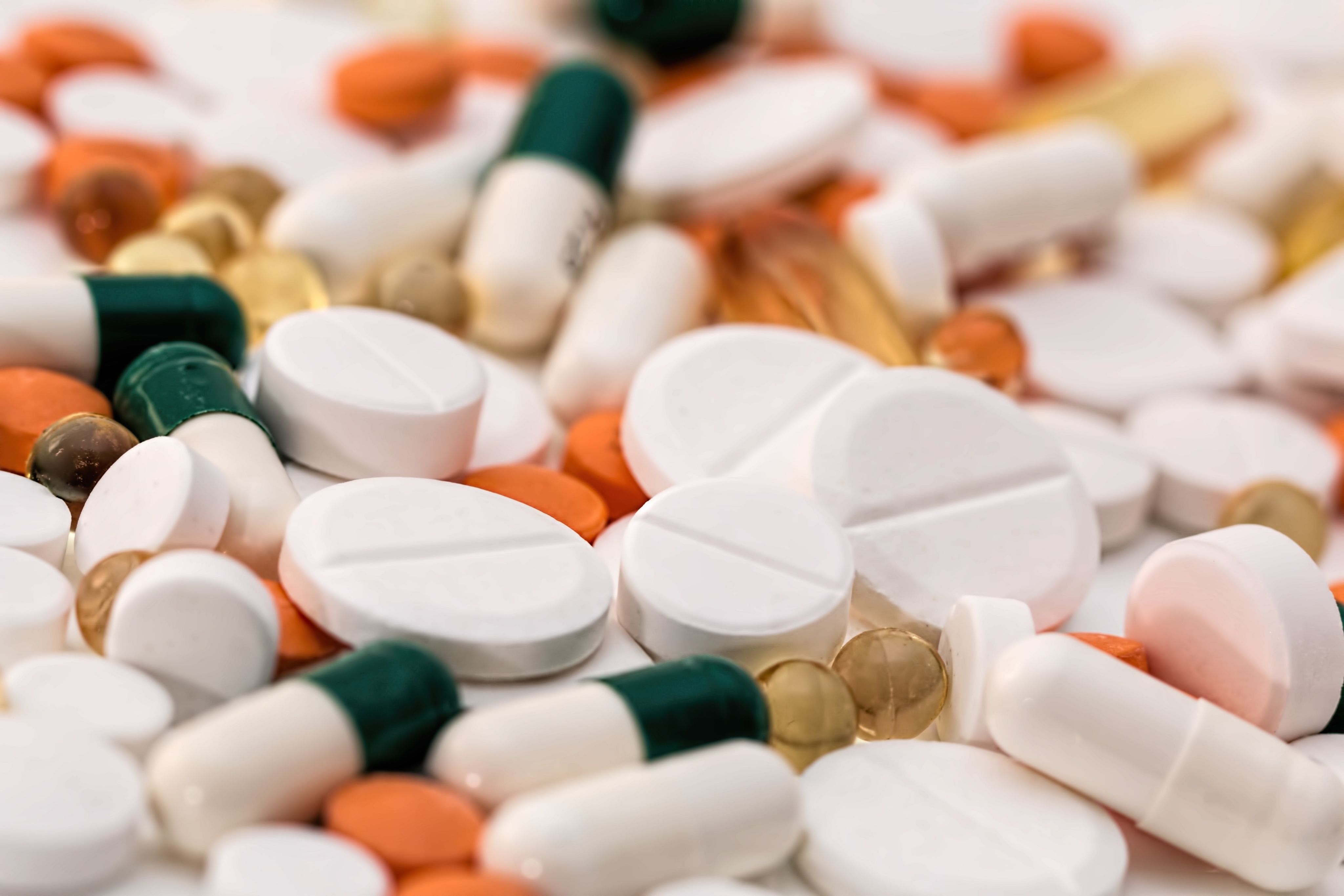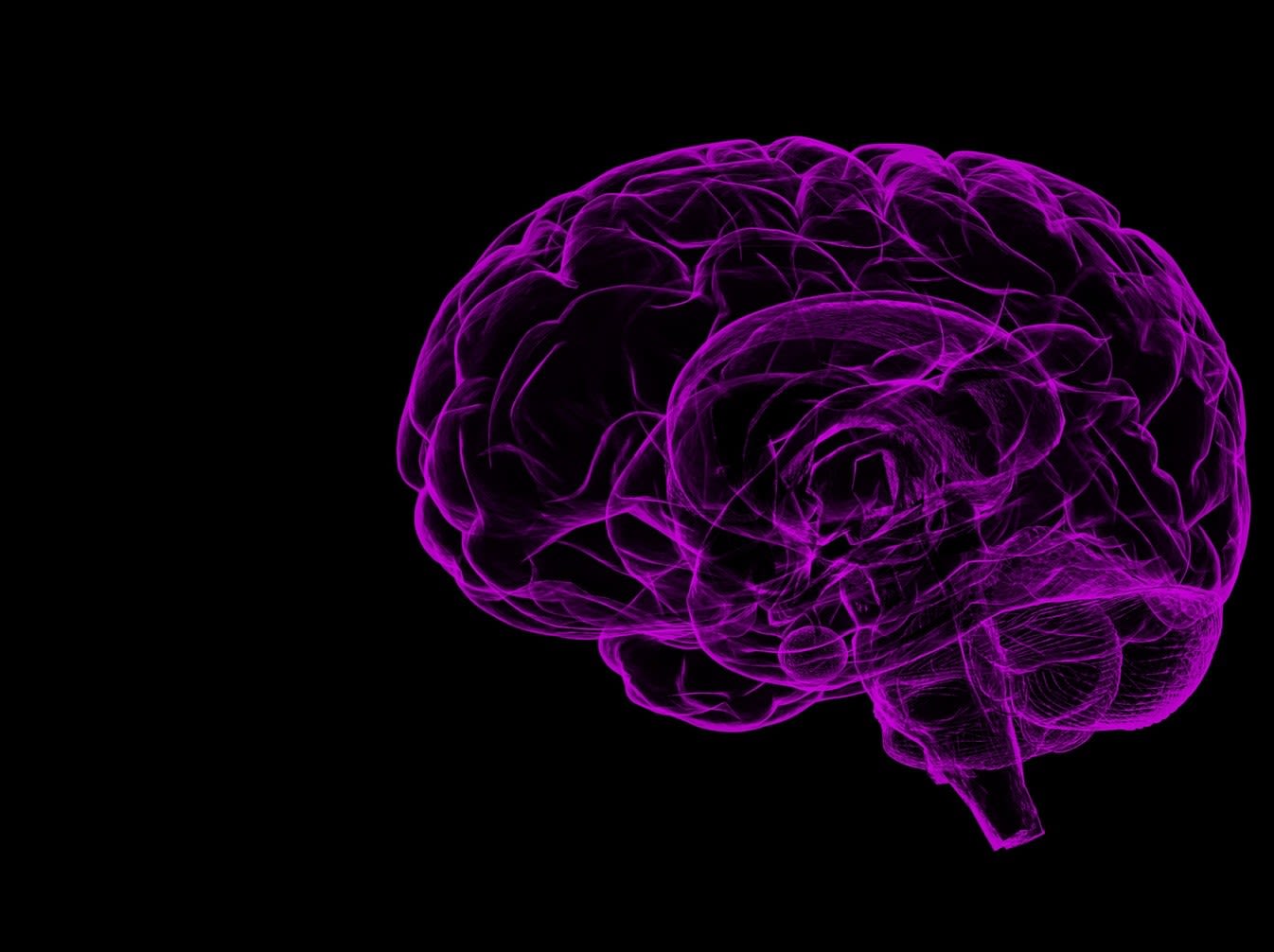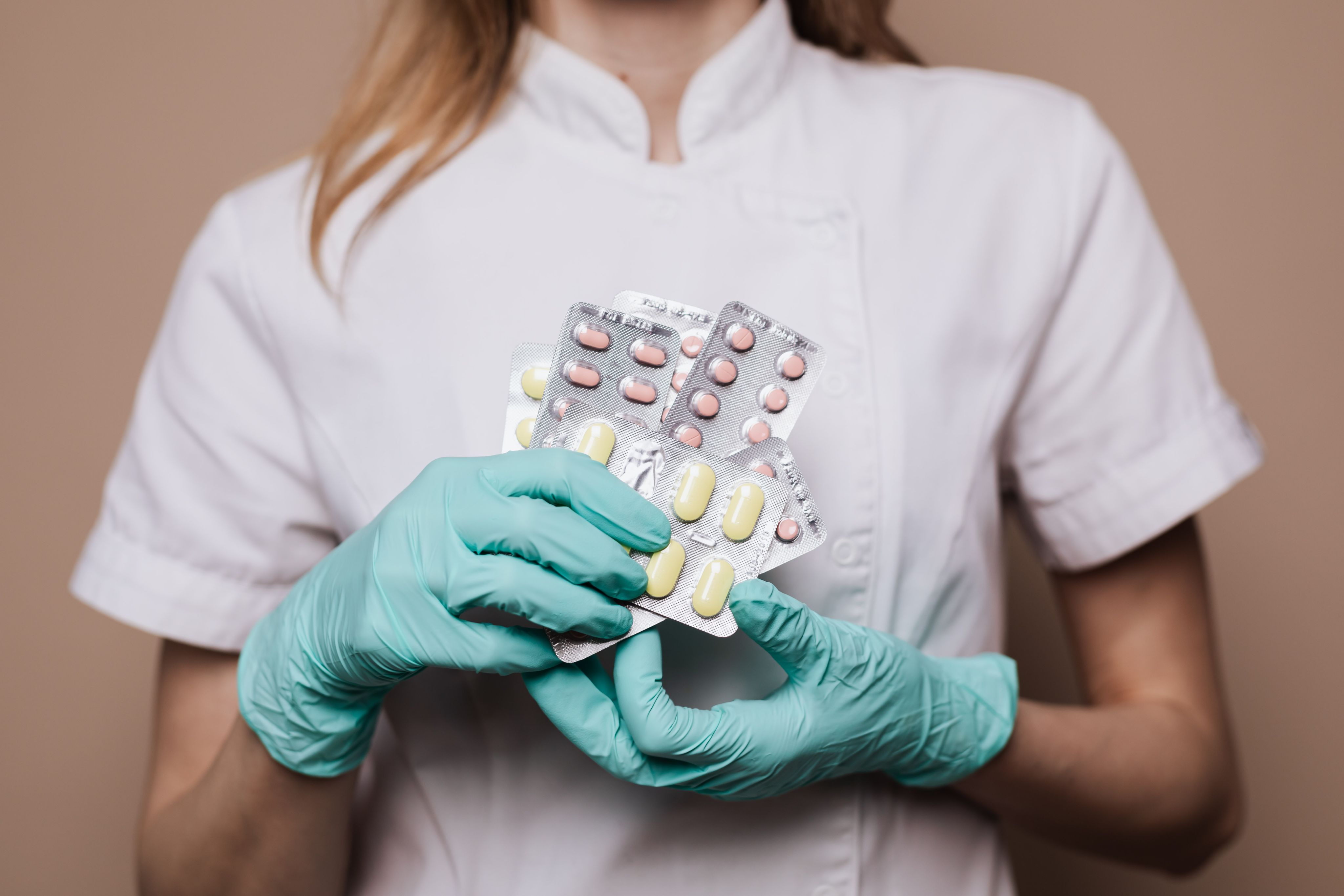P R O Z A C NATION
Australians are taking anti-depressants in record numbers.
But do they actually work?

DR. MARK HOROWITZ - CLINICAL RESEARCH FELLOW IN PSYCHIATRY, UNIVERSITY COLLEGE LONDON
DR. MARK HOROWITZ - CLINICAL RESEARCH FELLOW IN PSYCHIATRY, UNIVERSITY COLLEGE LONDON
Dr. Mark Horowitz has compared the marketing of anti-depressants in Australia to the Opioid Crisis which has ravaged America.
He says the relationship between pharmaceutical companies and GPs is reminiscent of the marketing of Perdue Pharma’s Oxycontin in the United States – a lawsuit against whom was filed by the State of Oklahoma and settled for $270 million dollars in 2019.
He harbours grave fears for the Australian public and says that legislation must be introduced to protect citizens from profit-fuelled Big Pharma.
“The drug companies are using networks of pain opinion leaders, academic psychiatrists and professors who have managed to put out to the public that anti-depressants are effective - that they cure a chemical problem in the brain and that they are easy to stop. As it turns out, almost none of those claims are accurate."

University College London recently released the results of an umbrella study on anti-depressants co-authored by Dr. Horowitz.
The findings are alarming - though should not have been surprising – they show there is no scientific evidence that depression is caused by a chemical imbalance and, more importantly, that there has never been anything to substantiate such claims.
It has called into question what role, if any, anti-depressants should play in the treatment of depression.
“We set out to test this idea that low serotonin causes depression – we know that 85-95% of the public believes that depression is caused by a chemical imbalance. What we found was that there was no difference in adults with major depression compared to healthy volunteers but we did find that people on long-term anti-depressants had lower levels of serotonin in their blood.”

Simon* is one of millions of Australians who have been told the medications they rely on are useless.
Serving in the Australian military during the Iraq War, Simon found it impossible to adapt to civilian life upon his return. He spiralled into a deep depression and suffered from PTSD; his attempts to self-medicate involved drugs and alcohol.
This culminated in a suicide attempt in 2011 at the age of 31. He was prescribed Cymbalta shortly thereafter and has been taking it ever since. Simon believes that anti-depressants saved his life – but at a cost.
“They're [anti-depressants] not a treatment for mental health they just control a symptom of it. I've been on plenty over the years and battled mental health most of my life - I used to self-medicate with drugs and alcohol and they're not the answer either. I reckon they stopped me killing myself though, no doubt.”

Dr. Horowitz tells a very different story. He was prescribed anti-depressants when he was 21 years old. He is vehemently against what he describes as an epidemic of over-prescribing of anti-depressants in the Western world. After 15 years on SSRI’s, Dr. Horowitz decided he wanted to stop taking them. That was when, according to him, all hell broke loose.
He began sleeping through the day; he was put on increasing amounts of medication after a diagnosis of narcolepsy. He began questioning if the anti-depressants he was taking were in fact the cause of his debilitating tiredness. He was dismissed time and time again by doctors who claimed that anti-depressants would not have that effect - claims which he accepted.
Dr. Horowitz enjoyed a moment of clarity while studying for his PhD and began reading about potential withdrawal side-effects of anti-depressants. He was “flabbergasted” as he had never heard of withdrawal symptoms for these drugs - despite studying for a PhD in the area of neurobiology of depression at Kings College London.
“Drugs that cause withdrawal symptoms are not good drugs for you. Opioids and benzodiazepines cause withdrawal symptoms too. I didn’t want to be on medication that does this to your body.”

He began researching online and was shocked by what he found. In the academic literature he was familiar with, there was very little mention of withdrawal symptoms. There, he found countless stories of individuals who had suffered from a litany of debilitating side effects.
He decided to come off his medication after 15 years of daily use and suffered from serious anxiety; he couldn’t sleep, suffered panic attacks and became actively suicidal for the first time in his life.
The effects were so severe that he made the decision to take leave from his PhD and return from London to Australia to be with his family for support.
Australians are among the highest users of anti-depressants in the world. Over one in seven take them daily, making the nation the second-highest users of the drugs among OECD countries - behind only Iceland. It is a vexed issue - experts say it is not as simple as anti-depressants not working.
Associate Professor of Psychology at RMIT University Karen Hallam says that, while the umbrella study results conclude that there is no evidence depression is caused by a chemical imbalance, it does not definitively preclude the use of anti-depressants.
Many patients report feeling better after being prescribed these medications and, while SSRIs are the most commonly prescribed (acting by increasing serotonin levels in the brain), there are a number of different variations which work on numerous neurotransmitters. Associate Professor Hallam believes that the science is nuanced – it is unknown why patients report that anti-depressants work and so we ought not suggest they stop taking them until there exists the evidence to back up such claims.
“We don’t know why they work. We don’t know why a lot of things (in psychiatry) work. It’s a really difficult thing because we know that SSRIs increase serotonin and we know that, for people with moderate to severe depression, they work to improve their mood. In some ways by putting those things together, it makes it a lot easier for GP’s (who do the majority of prescribing) to explain to patients.”

Dr. Horowitz disagrees.
“There’s been an incredible explosion of anti-depressant prescribing and this was probably the aim of the drug manufacturers. If you hear that a low level of a chemical can be increased by a drug, it’s an obvious choice to take the drug. This was really amplified by the marketing arm of anti-depressant manufacturers and had a big effect on the public’s belief about the drugs and also their willingness to take the drugs.”
The results of the study have raised questions about the true causes of depression. Diet, exercise, gut bacteria, quality of relationships and stress are all potentially influential factors in the likelihood of an individual suffering from depression. Dr Horowitz noted that the umbrella study highlighted the particular impact that stress can have on the brain.
“What was interesting was how incredibly strong the effect of stress was. Although the genes [genetic predisposition to depression] had no effect, there was a very clear gradient that attached to adverse live events. Interpersonal conflict, job insecurity, poverty – they are incredibly good predictors of who will become depressed.”
Associate Professor Hallam says modern lifestyles are partly to blame.
“Our lifestyle particularly in individualistic cultures like Australia and our experience of COVID-19 means our connections aren’t as strong. People have fewer and fewer friendships and are more disconnected; working from home has made people feel more estranged."

Simon isn’t sure what to make of the results of the study but he does agree with Dr Horowitz about the ghastly side-effects of anti-depressants.
“Is the juice worth the squeeze? My answer is only just - the side effects of them are so dramatic that the only positive is they stop me from wanting to commit suicide.
From brain fog, feeling like a zombie 24/7 and weight gain to erectile dysfunction and reduced sex drive. You want to make a man depressed? Take away his ability to get an erection without taking another pill.
It's a f***** circle without an end in sight.”
He also shares Dr. Horowitz’s opinion that Big Pharma has a lot to answer for.
“[One of the problems is] people having access to medical stuff at the tip of their fingers. It's like, if I feel bad, I'll Google it and it'll give you an answer so your brain thinks that’s what is wrong. Then you go to your Doctor and say ‘I think I'm depressed etc.’ ‘Well, here's some pills.’ I dunno whether it's still happening but doctors used to get kickbacks from Big Pharma reps for prescription rates. It’s all corrupt for sure.”
He’s made the decision to stay on Cymbalta, for now.
“I don’t know what else to do. I wanted to off myself, now I don’t as much. I can’t risk stopping right now.”

Pfizer, Roche and Novartis did not respond to interview requests.
If this story has raised any issues for you, call Lifeline on 13 11 14 or Beyond Blue on 1300 224 636.
* Name changed to protect identity
Photo credits: Micaela Togher, iLexx on istock, Raman Oza for pixabay, Min An, Engin Akyurt, Karolina Grabowska, Lalesh Aldarwish for Pexels.

